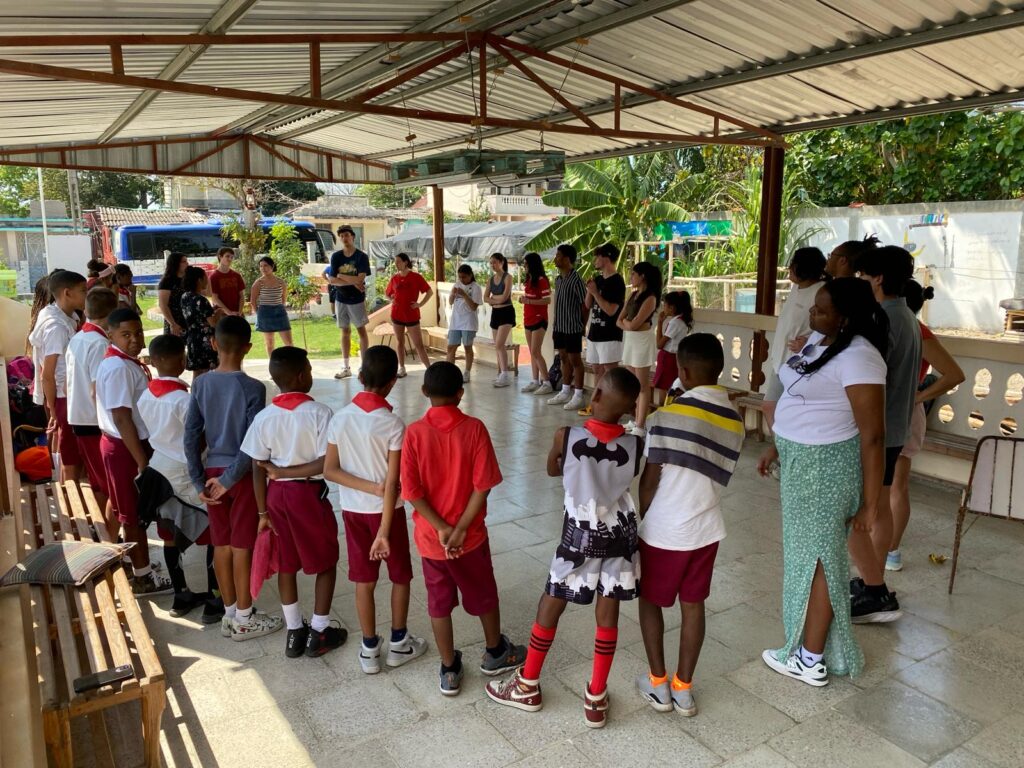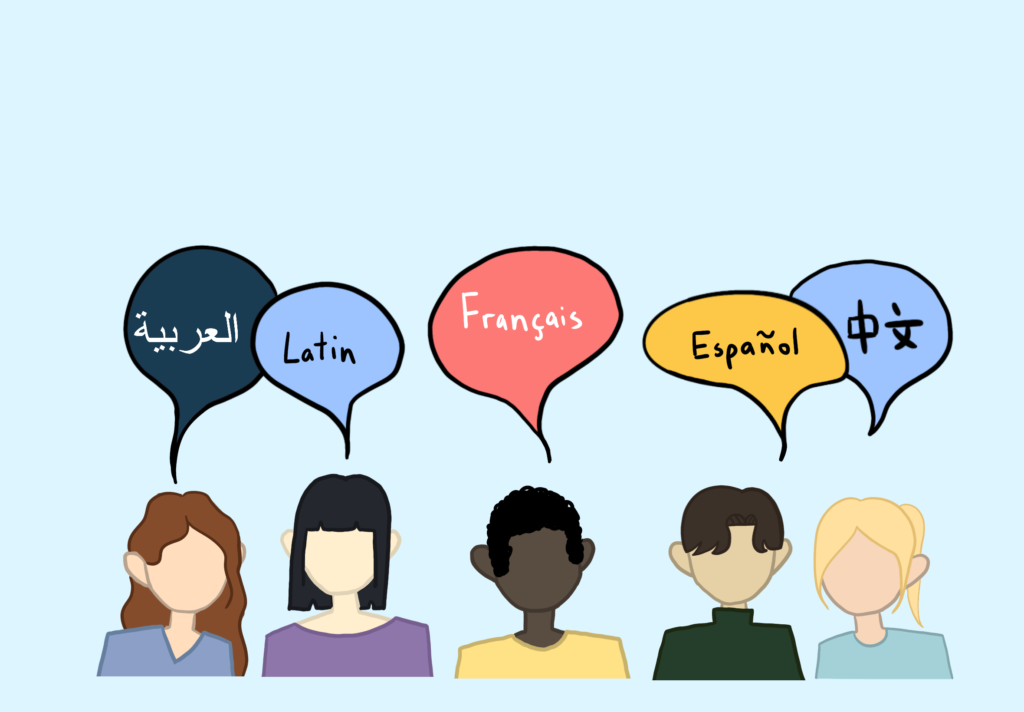Choate campus is surrounded by nature — yet students seldom get the chance to study the environment directly. This term, 14 juniors embarked on their research methods experiments at the Kohler Environmental Center (KEC). Students came up with a list of questions they wanted to study in the fall term and narrowed that list to two proposals by the end of the term. During winter term, the students finalized their decisions. This week, take a look at three such students — Kelly Moh ’18, Ananya Karanam ’18, and Melody Li ’18 — who are conducting studies that pique their interest.
Walking around campus, you may have seen Moh’s posters asking for student volunteers for her food journal experiment. For Moh’s experiment, participants are required to keep a food journal of the type and amount of food they eat for four weeks. They will watch a TED Talk after the first week, and complete a two-to-five minute survey at the beginning and end of the study. Because of Moh’s desire to minimize experimental bias among her participants, much of the information regarding her study will remain confidential.
“I turned vegan this summer,” Moh said. ”Food consumption and choices of food and agriculture really interested me.” She added, “A lot of the time, we are so busy that we don’t think about what we put into our bodies, although it’s what fuels us. It affects how we feel.”
Karanam’s project certainly has an impressive title. Her study, “The Influence of Biodiversity on the Nitrate and Phosphate Phytoremediation Potential of Non-Invasive Aquatic Macrophytes in Eutrophic Waters” investigates the effects of pollution on the absorption abilities of different aquatic plants. This is important, because when agricultural products leak into water, they create a low-oxygen “dead zone.” Phytoremediation refers to the use of green plants to clean up contaminated systems. The plants absorb the pollutants and are then removed to clean up the water.
“I was really interested in how we can use biomass to clean up pollutants,” Karanam said. For her study, Karanam will be using American Waterweed, Hornwart and Duckwart — three different aquatic plants species native to the area — and testing the effectiveness of different combinations of these three species in absorbing and removing pollutants. “My goal with this experiment is to prove how important and beneficial biodiversity is, and how we should improve it,” said Karanam.
For her experiment, Li will test “the ability of oyster mushrooms to break down the compostable Greenware cups used at the café and Tuck shop.” Li became interested in this study after she watched a video from a lifestyle science studio on mushrooms eating plastic bags.
“The cups are made from a kind of green plastic called polylactic acid (PLA) and are compostable under commercial composting conditions, which require high temperatures.” However, because Choate’s composting facility does not take the cups, they are “treated as trash here.”
Regarding her experiment, Li said, “I want to see if the mushrooms can help break down PLA in backyard composting conditions with lower temperatures than the commercial facilities, so that we can eliminate the need for commercial composting facilities in this process.”
Li will spend eight weeks collecting data. She said, “To carry out the actual experiment is just a lot of time spent on manual labor. I spend hours cutting straw into small pieces. The executing is not very difficult for my experiment, but deciding how to execute it to fit the goal was.”




